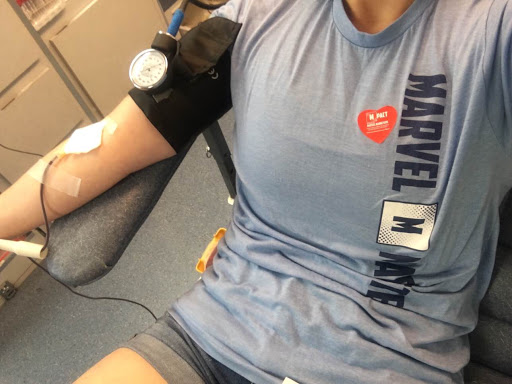GDPR.
It’s only four little letters, but it’s about to have a giant impact on your sales and marketing efforts.
The European Union’s General Data Protection Regulation goes into effect tomorrow, May 25th. If you don’t comply with GDPR, you may have to stop all of your marketing in the EU, and you could face heavy fines.
The clock is ticking, so let’s go over some details to make sure you’ve covered all of your GDPR bases:
1. Have you trained your field marketers and sales reps?
Some of GDPR’s strictest requirements focus on a person’s consent. If you plan on emailing him, calling him, or using his personal data in any way, you need to take several steps to obtain his consent.
Fortunately, there are specific fields in Salesforce that you can set up to create a consent database that lists the date and time of consent, along with other details. Give your field marketers and sales reps a list of the exact fields they need to look for to see if their prospect’s consent complies with GDPR.
There are also special fields in Marketo that can keep track of your consent details. And if you set up Marketo logic, it’s even easier to see if an individual has given proper consent.
2. Have you updated your privacy statement?
It’s not good enough to have any ol’ privacy statement. Your privacy statement has to be carefully crafted in plain English (no confusing legal jargon!), and it has to list all of the rights that someone has under GDPR. Plus, it needs to be accessible from all of your landing pages and emails.
3. Have you figured out your cookies yet?
You have two choices here – explicit and soft opt-in. Regardless of which one you choose, be sure to enable the Do Not Track feature in Marketo. That way, visitors who have their cookie tracking off won’t be tracked.
4. Have you reached out to your existing subscribers?
There is no “grandfathering” in GDPR. In other words, all of your subscribers must give GDPR-mandated consent whether they signed up for your email list 10 minutes ago or 10 years ago.
It may require alot of extra work, but doing all of this is better than facing incredibly serious consequences for violating GDPR!




